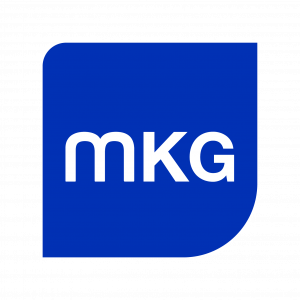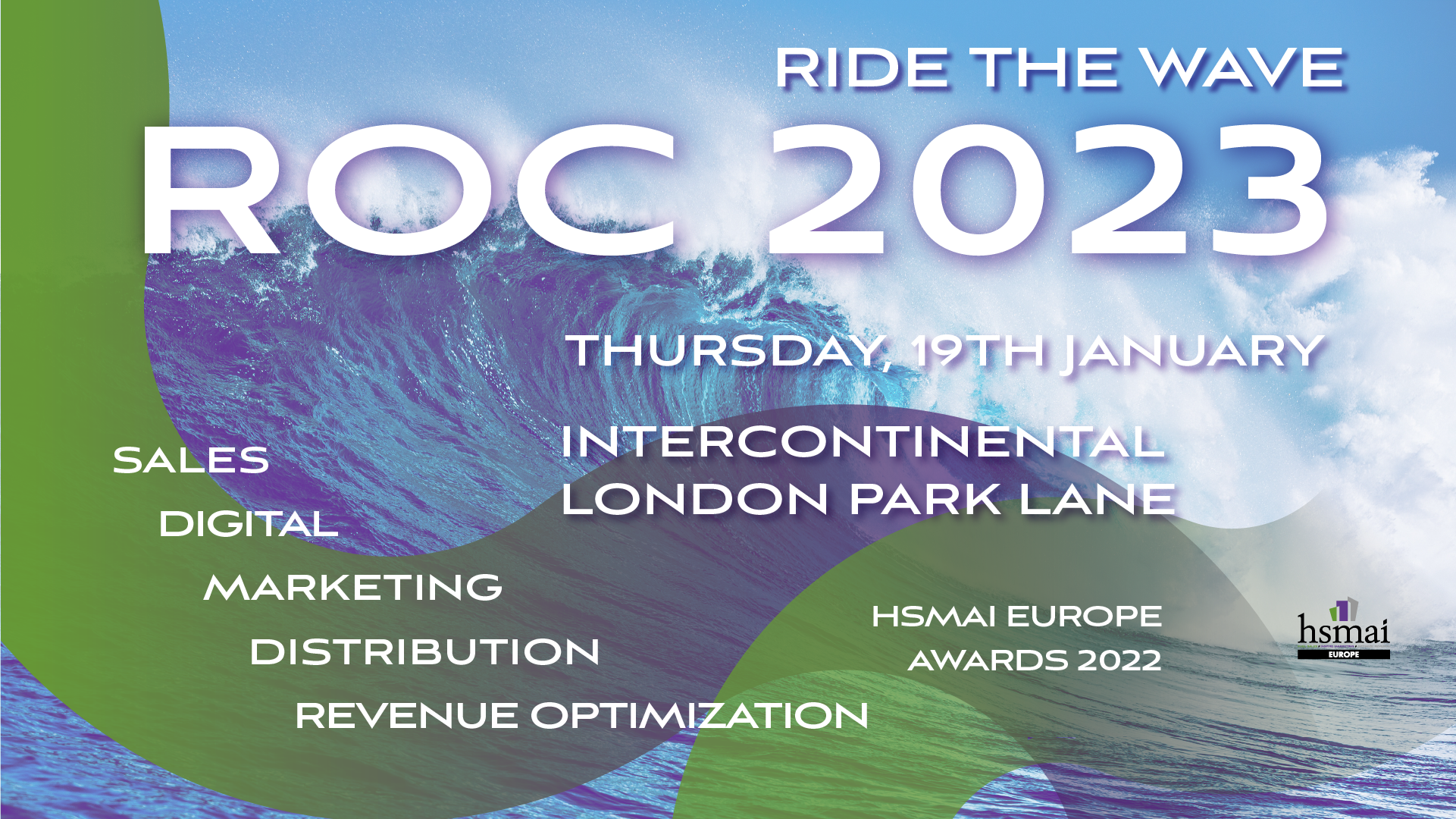September 2022: the European hotel industry between Leisure & Corporate
September allows the hotel industry to enjoy the last summer’s leisure tourists and the first corporate clientele. Here is an overview of performance in the European hotel industry in September.
At the same time last year, the hotel industry was still searching for its business and international clientele. This year, that seems to be away: in September, the European hotel industry posted a RevPAR higher than before the crisis, with an +9.6% growth. The average price, which had already moved into the green recently, now stands at €98, which is +15% higher than September 2019, and the European-wide occupancy rate is now only 3.8 points below its pre-Covid standards.
Italy is the best student in September with RevPAR up 28.1% relative to September 2019 followed by Greece (+16%), Portugal (13.6%) and France (11.7%). Italy, as usual, is benefiting from a summer season that extends longer into the off-season, as is Greece, while France is experiencing in September both a strong presence of leisure tourists in certain regions and the return of business customers in major cities.
Spain is nonetheless behind its Southern European neighbors, with RevPAR up “only” 3.8% due to a 4.4 points difference in occupancy rates compared to the pre-crisis period and a more moderate price increase than its counterparts (+9.5%). Spain was hit hard by air strikes and fires at the end of the summer and was not able to enjoy such a good season.
The United Kingdom also performed well with a RevPAR that increased by +11.3% supported by a 17% increase in prices relative to September 2019. Inflation hit the country particularly hard in September with a peak of 10%.
Germany posted a 10.8% increase in business, driven by an 18.9% rise in prices, while occupancy is only 5.5 points below its pre-COVID level. Benefiting from a large domestic clientele and the return of foreign and business customers, the German hotel industry is recovering.
The Benelux countries, on the other hand, are struggling to return to their standards. Only the Netherlands has achieved a higher level of RevPAR than in 2019 (+2.6%), while Belgium and Luxembourg still have negative results (-6.9% and -0.7%) due to a further slowdown in corporate activity. And these destinations, which are highly dependent on international clients, are all the more affected by the accumulation of crises in Europe (Ukraine, energy, inflation, staff shortages, etc.).
Austria nevertheless managed to exceed its RevPAR level by 3.1% in September thanks to a 9.8% increase in its average price.
On a continental scale, results are good, and the only countries left behind with negative results are the Czech Republic and Latvia, still impacted by the geopolitical situation, and Belgium (-6.9%) and Switzerland (-4.4%), which are dependent on international business clients. Hungary and Luxembourg are also in negative territory, but very close to their pre-crisis levels with differences of only -1.4% and -0.7%.
With the return of international customers and the leisure-business mix specific to September, all ranges performed better than in 2019: budget hotels posted an 11.6% increase in RevPAR, upscale hotels 10.5%, and economy and midscale hotels 9.3% and 8.1%. In terms of prices, the upscale market has managed to increase its prices by nearly 20%, while the other segments are around 13%. In terms of occupancy, the budget segment is doing best with a gap of -0.9 points while the upscale segment is still at -6.1 points.
But uncertainty reigns over the coming weeks: rising inflation, the energy crisis, strikes… What will be the fate of the European hotel industry in the months to come?




























